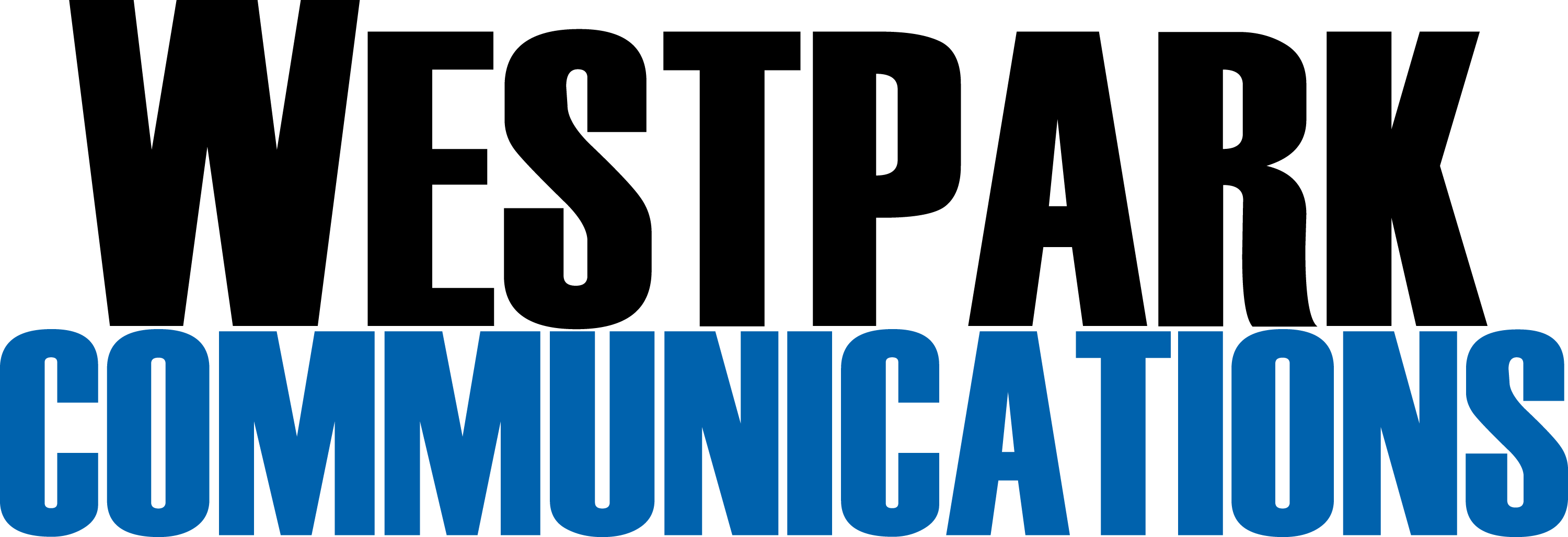Effective Communication Is the Foundation of Success for Your Business

Many of us spend countless hours and much effort on ensuring that all the details and aspects of our business are covered and completed with the utmost care and quality: A thorough business plan, advertising, office/business space, employees/personnel training, social media accounts, and website. But is it possible that we may be overlooking a critical, if not the most important aspect of our business?
Communication is the wheel-turner of any business. Even if you run your business alone and don’t have partners or employees, you must still practice effective communication with your customers/clientele therefore you can’t get around the fact that you must perfect your communication skills in order to have a successful business that runs smoothly and passes the test of time.
Below I will discuss a few key aspects of effective and successful communication. These points are by no means exhaustive, as there are many components that together create the art form that is communication.
Communication & EI

Successful communication in business relationships, whether it’s communicating with your clientele, employees, and/or business partners, is highly related to Emotional Intelligence (EI). EI is a buzzword that you will (or maybe already do) hear about a lot in the business world because people with high EI tend to win at life or at least they are more likely to succeed in many aspects of life and business compared to those with low EI1.
When a person has EI, they have the ability to not only be sensitive and aware of other’s feelings, intentions, and verbal and nonverbal communication (which are critical factors for communication to take place), but they also have a high degree of self-awareness1. Self-awareness is the key factor in effective communication, as people who are self-aware are better able to engage in mutual communication and the most important aspect of communication, which is listening.
Communication Don’ts

Our discussion of effective communication would not be complete without a mention of communication errors. A person lacking EI and the corresponding traits (i.e., self-awareness and awareness of other’s feelings) may engage in the various, well-known communication errors. Communication errors can be detrimental to virtually all relationships (personal and business) making it difficult to achieve personal and collective goals and even maintain good quality of life. Communication is associated with quality of life and deriving joy and a sense of happiness from your business as effective communication creates a business environment characterized by unity, harmony, motivation, production, and high morale2.
We all commit communication errors since stress or other issues can lead to these slips in effective communication, but it’s best to keep communication errors at bay so that your business is more likely to succeed and so that you can derive satisfaction out your work-life (not to mention, avoiding communication errors will significantly keep your own stress levels down).
Some common communication errors include:
- Interrupting
- Inactive listening or listening without absorbing the speaker’s information
- Negative or dismissive body language (e.g., eye-rolling, poor/no eye contact, crossed arms)
- Responding with sarcasm
- Discrediting the speaker’s remarks
Communication Do’s

Now that you know that being self- and other-aware and avoiding communication errors paves the way for effective communication, below are some tips on how you can become a communication-expert-extraordinaire and thus improve your business and professional interactions.
- Reflecting Back: Reflecting back what the speaker is saying (also known as mirroring) is where you repeat certain parts of what the speaker is saying, letting them know that you are truly listening and invested in their thoughts and opinions.
- Empathy2: Demonstrating empathy, especially during business disagreements, is an effective communication tool because you immediately disarm the other person. By letting the other person know that you understand how they feel, you can drastically turn a tense interaction (or impending conflict) into neutral ground, paving the way for healthy communication and problem solving.
- Leave ego’s/pride/negative attitudes at the door: Some of these traits (i.e., inflated ego, pride, overall bad attitude) can sometimes be fixed personality characteristics, meaning that they form part of who a person is. If you can personally relate to some of these traits, consider this: What’s more important to you: Your business or sticking to your ego/pride/attitude? It is important to develop the insight, emotional maturity, and self-control to prioritize and see the bigger picture. Your primary focus should be doing what you need to do (or in some cases, holding back even if you want to do/say something) in order to foster a positive and healthy business environment.
As you can see, there are numerous factors to achieving effective communication and it is a skill and art form that takes practice. However, if you have the intention of becoming an expert at this critical skill, you are already well on your way to distinguishing yourself and your business from the rest.
References
- Ovans, A. (2015). How emotional intelligence became a key leadership skill. Harvard Business Review. Retrieved from https://hbr.org/2015/04/how-emotional-intelligence-became-a-key-leadership-skill
- Rapisarda, B. A. (2002). The impact of emotional intelligence on work team cohesiveness and performance. The International Journal of Organizational Analysis, 10(4), 363-379.

